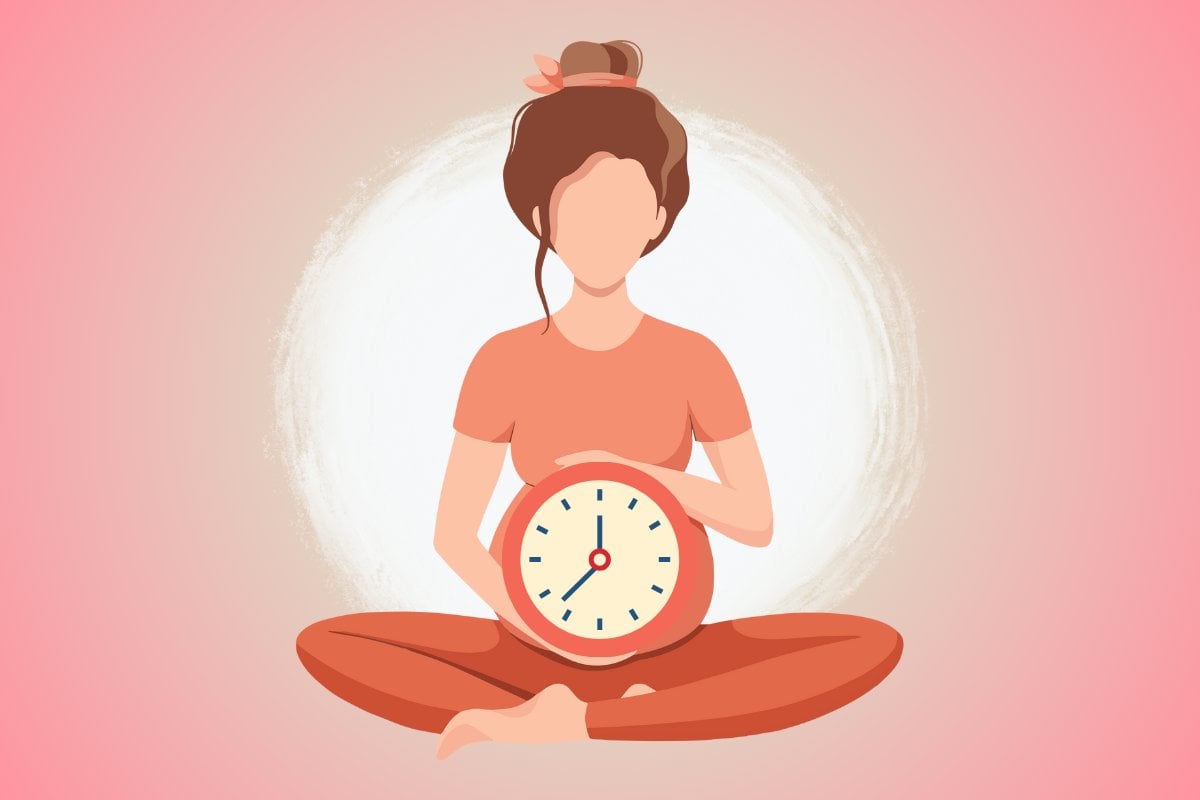
Recently, I've been forced by both age and an apparently dwindling supply to consider freezing my eggs.
It started with vague conversations with my partner about the possibility of having children, which naturally progressed to fertility tests and ultimately landed me in a doctor's office, trying to weigh up my options with as much pragmatism as I could possibly muster.
I appreciate that I'm far from alone in exploring the opportunity to freeze my eggs. In fact, Australian and New Zealander women have taken so readily to the idea that the number of egg freezing cycles rose 860 per cent between 2010 and 2018.
Pressed by financial, relationship, and future considerations, more and more women are entering their 30s and concluding that they need to – quite literally – put plans for having children on ice.
Watch: At 31, a woman decided to travel 9000kms to freeze her eggs. Post continues after video.
However, as much as this may seem like the straightforward, logical thing to do, much like anything else related to fertility, egg freezing comes with a lot of hidden complexity.

